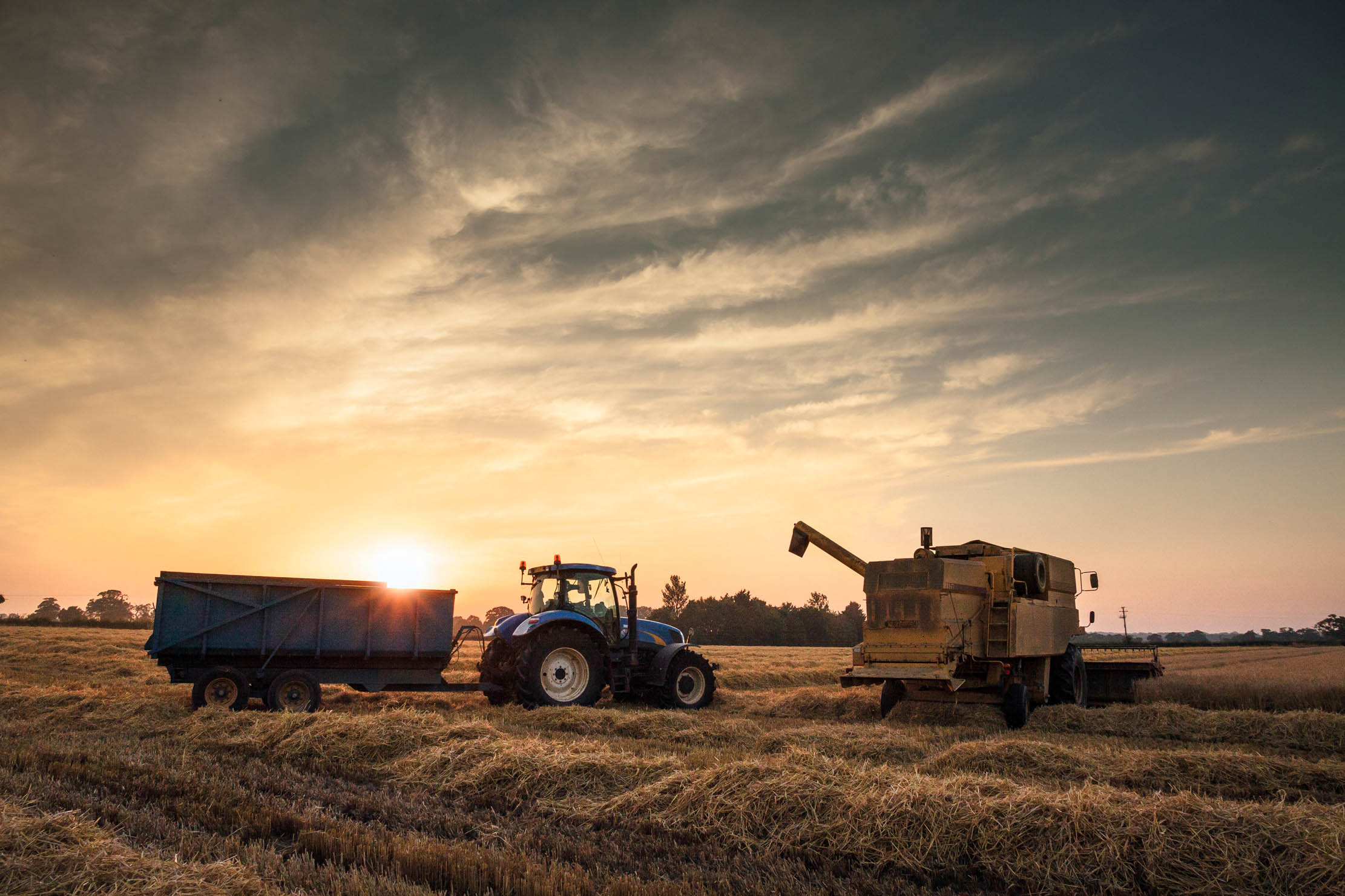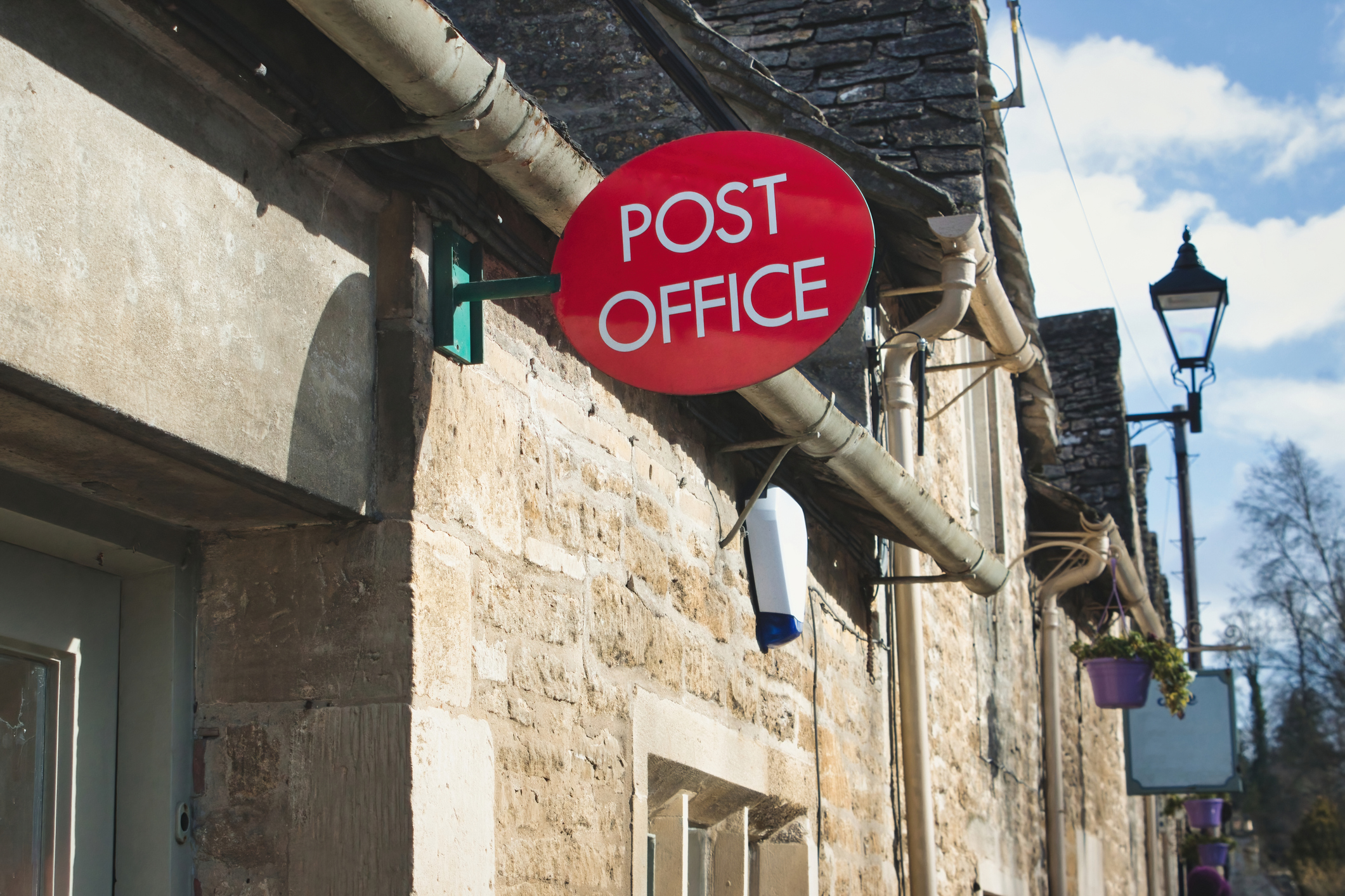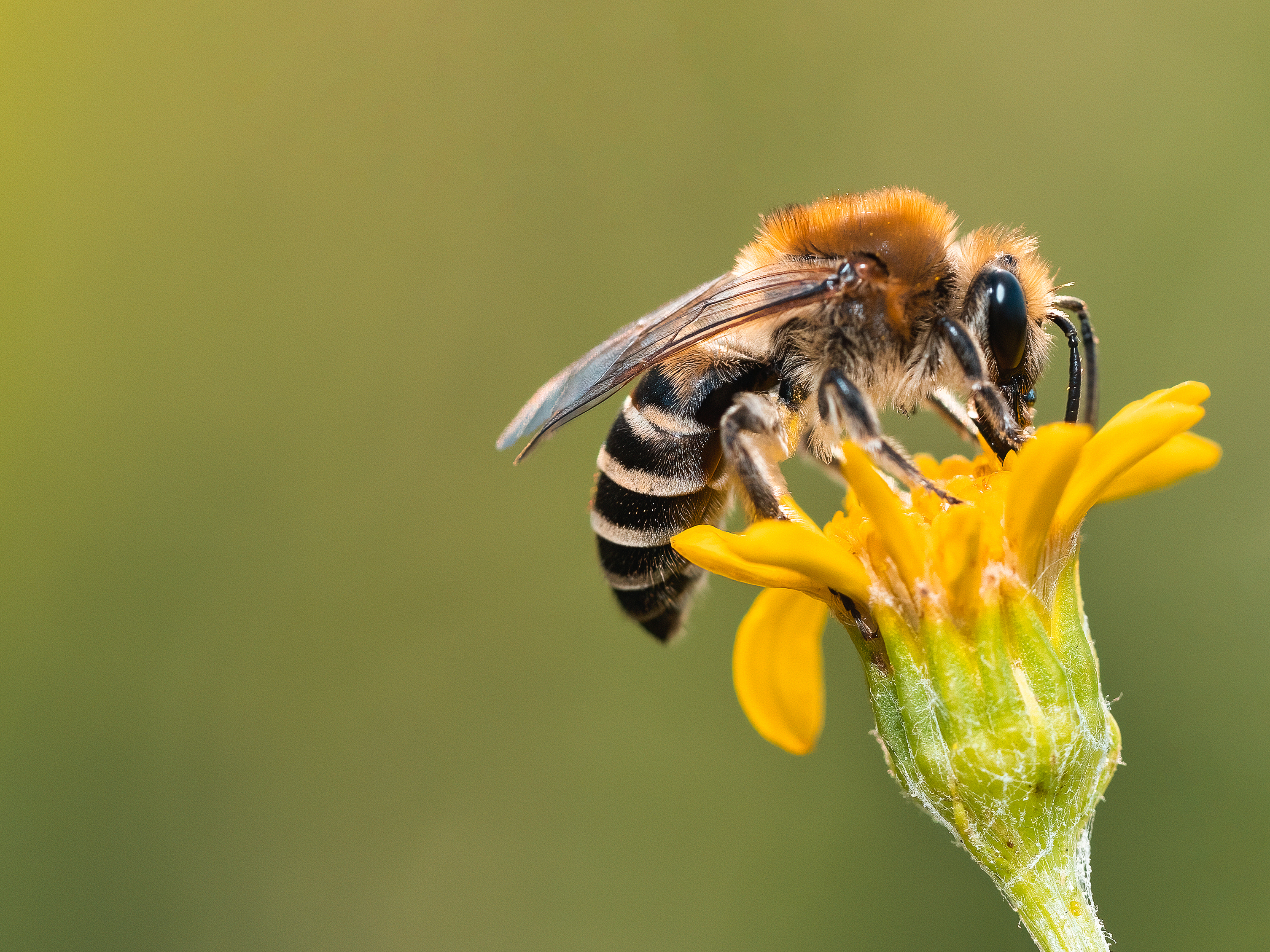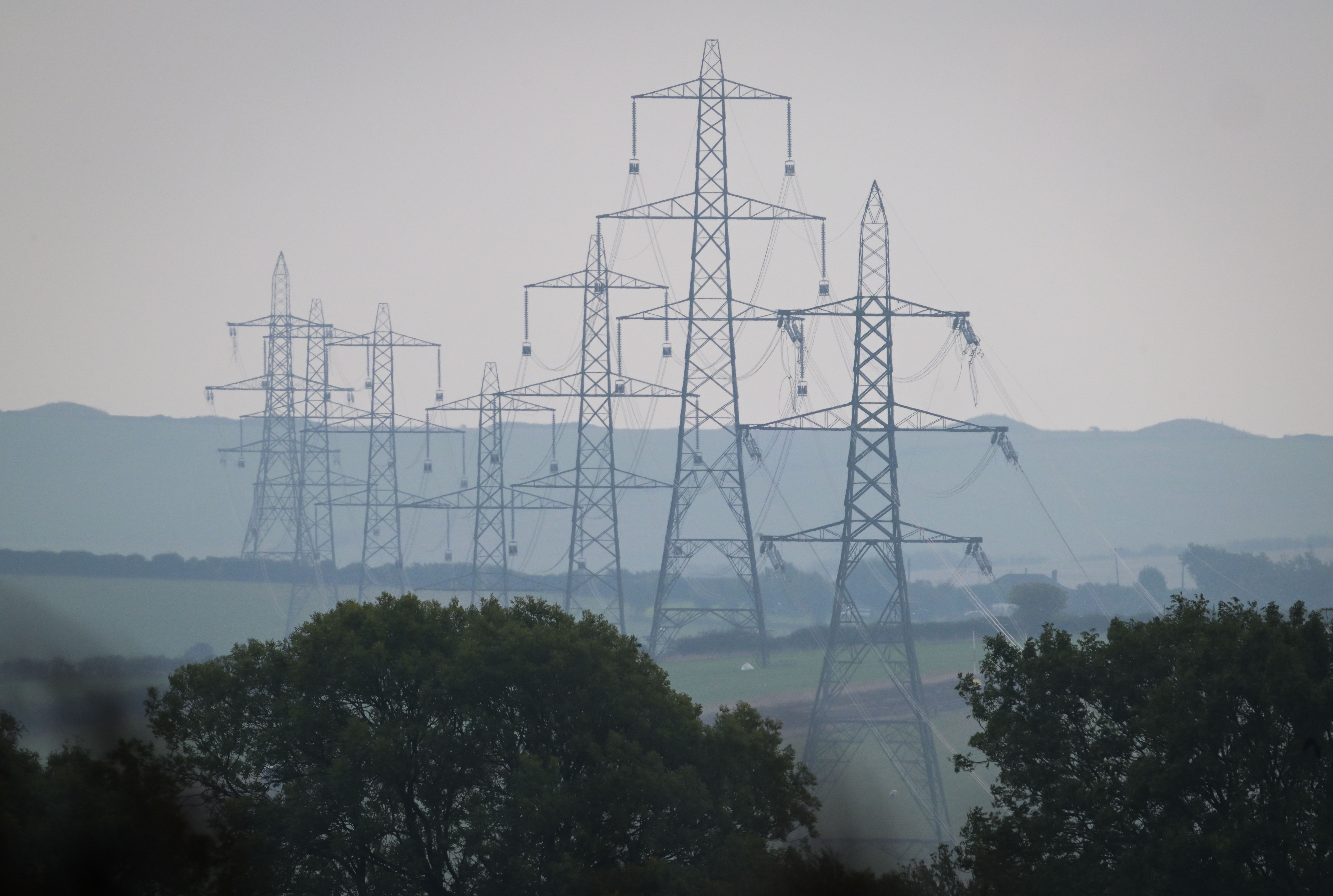'The equation is inescapable. Our rich societies will simply have to pay the proper price for food'
Country Life's columnist Agromenes urges us to take a cold, hard look at the way we grow and consume food.


‘The rain it raineth every day’ — Feste’s song rang in my ears as, yet again, only the 4x4s could get through from home to the village and we had to reroute our London visitors away from the flooded main road. Worse still was the sight of water pouring off the fields and the lakes forming across them. The grassland was already waterlogged and a neighbour’s horses were gathered uncomfortably close together on the one piece of his pasture that wasn’t entirely under water. All over the county, the tree-planting campaign spearheaded by volunteers from the Woodland Trust looks doomed, the saplings under water in places where flooding has previously never occurred.
Harvesting has been well-nigh impossible on the waterlogged fields and it’s no wonder that potato prices have gone up more than 20% over the past month. Organic farmers are having to re-drill fertility crops that have been washed out of the ground. They’ll lose much of a grazing season because the crop won’t be ready for the sheep until later than expected. Farmers of all kinds look askance at the continuing downpours that make the spring sowing, timed for the end of February, increasingly unlikely.
"British food processors are discounting their UK-sourced produce, as they believe our farmers will be hard put to maintain supplies"
The soil is too wet to get the machinery onto it and the weather forecast doesn’t cheer. Already, British food processors are discounting their UK-sourced produce, as they believe our farmers will be hard put to maintain supplies if the weather continues to be so wet.
The trouble is that weather-related concerns make alternative sources questionable. Worldwide, February will be the warmest on record and that’s after the warmest October, November, December and January. It’s a global phenomenon with temperatures of nearly 30˚C in Spain and parts of the US simply not having winter at all. This has at last rung alarm bells in Government. Rishi Sunak’s measures last week to enhance food security are only the tentative beginning of policies to confront the reality that food choices will be increasingly limited even in comparatively rich countries. Food-price inflation will be a constant issue and the spectre of shortage is becoming a political reality. If that is true for Britain, it is even more true for the poorer nations, where hunger will be an increasing problem and will bring instability and growing migration pressure.
"In the 1940s, food consumed roughly 33% of the average income; today it is 12%"
Farmers, faced with all this, are not being paid enough for the food they produce. All over Europe—on the mainland and here in Britain—we are seeing protests that, whatever the proximate reason, are about the fact that all governments have had cheap food policies that make farming ever more unprofitable. Yet ministers are urging farmers to produce more here at home, at the same time as looking after the soil, protecting biodiversity, improving the environment and providing more public access.
We ask all this, but we are not prepared to pay the real cost of food production, through the market or subsidy. If we want these ‘public goods’, we will have to pay for them and that does not only mean cash to conserve and enhance our precious natural environment. It means paying a proper price for the food we eat. We have grown used to putting every other demand before that basic need. In the 1940s, food consumed roughly 33% of the average income; today it is 12%. Before the Second World War, food security was not an issue; today, it is. The equation is inescapable. Our rich societies will simply have to re-gear and pay the proper price for what is essential to life.

Tom Kerridge: 'Fish and chips on Brighton beach can be every bit as magical as a Michelin three-star restaurant'
Tom Kerridge, one of Britain's top chefs, is the guest on this week's Country Life podcast.
Exquisite houses, the beauty of Nature, and how to get the most from your life, straight to your inbox.

Credit: Getty Images/iStockphoto
Those 'who have ridden roughshod over men and women they should have protected must be held accountable'
Agromenes reflects on the Post Office scandal, and implores that we learn from the mistakes

The vegan farce that is 'bee-free' honey will spell disaster for bees, farmers and all of us
Our columnist Agromenes ridicules the notion the bee-free honey is a kindness to bees.

Opinion: We can't possibly keep producing electricity the old way — and those campaigning against wind turbines and solar farms need to lay down their placards
Country Life's columnist Agromenes delivers a powerful and heartfelt message in praise of progress.
Country Life is unlike any other magazine: the only glossy weekly on the newsstand and the only magazine that has been guest-edited by His Majesty The King not once, but twice. It is a celebration of modern rural life and all its diverse joys and pleasures — that was first published in Queen Victoria's Diamond Jubilee year. Our eclectic mixture of witty and informative content — from the most up-to-date property news and commentary and a coveted glimpse inside some of the UK's best houses and gardens, to gardening, the arts and interior design, written by experts in their field — still cannot be found in print or online, anywhere else.
